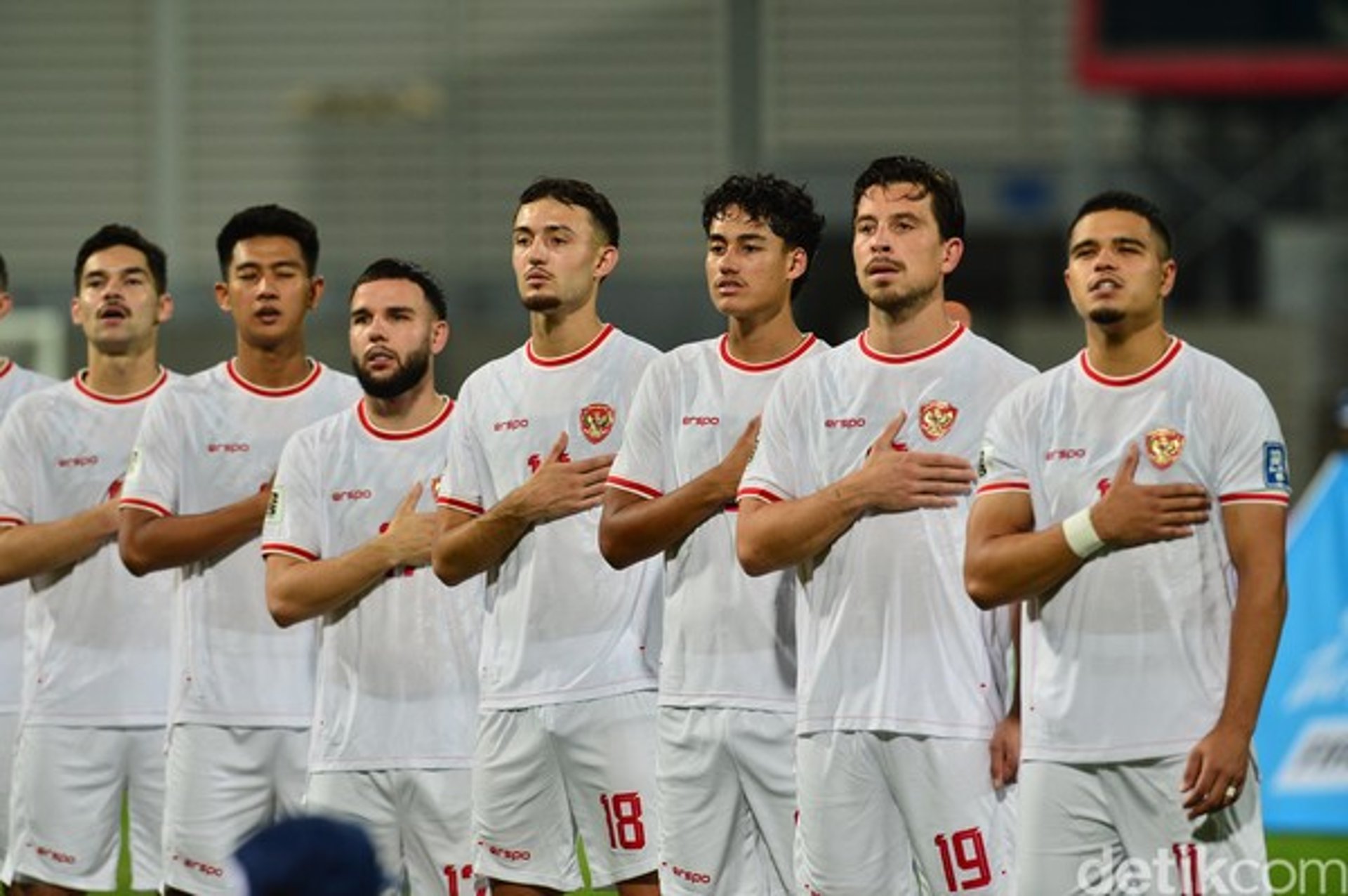Read football & basketball articles and other sports only at Finessekick.com

Why does the Indonesian national team now have many naturalized players?
In recent years, the dominance of naturalized players in the Indonesian national football team has become increasingly evident. Many football fans discuss this phenomenon with both pros and cons. On one hand, naturalized players are considered capable of strengthening the national team with their experience and skills. On the other hand, there are concerns that local players might lose opportunities to develop. This article will explore the reasons why the Indonesian national team is now dominated by naturalized players and how this impacts national football.
FOOTBALL
A. Sahrul Romadhon
11/5/20243 min read


What Are Naturalized Players?
Simply put, naturalized players are athletes originally from another country who obtain new citizenship through a legal process. In football, naturalization allows foreign players to represent their new country in international competitions. Countries like Germany, France, and Belgium often naturalize players to strengthen their national teams. The process is usually driven by the need to bolster team performance, especially when the quality or number of local players is deemed insufficient.
History of Naturalization in Indonesian Football
Naturalization is not a new concept for the Indonesian national team. Initially, it was introduced to strengthen specific areas of the squad, such as attack or midfield, which were considered lacking. One of Indonesia’s first naturalized players was Cristian Gonzáles, who began playing for the national team in 2010. Since then, more foreign-born or mixed-heritage players have been naturalized to enhance the team in various positions.
Main Purpose of Naturalization in Indonesian Football
The primary motivation for naturalization is the desire to strengthen the team. Players with international experience are seen as capable of bringing fresh perspectives and fortifying weaker areas of play. Additionally, Indonesia aims to improve its performance at the Asian and international levels. Naturalized players are expected to help the team become more competitive against stronger nations.
Inconsistent Quality of Local Players
One of the main reasons for the rise in naturalized players is the inconsistency of local players' quality. While some talented individuals exist, maintaining performance at the international level is often challenging. This inconsistency prompts PSSI (Indonesian Football Association) and coaches to select naturalized players who are deemed more ready for major competitions, hoping to balance experience with local talent.
Lack of Youth Football Development Infrastructure
The lack of optimal youth development infrastructure is another reason for the dominance of naturalized players. Training facilities and resources in Indonesia lag behind those of countries with strong football leagues. This deficiency hinders young talents from developing and reaching international standards, making naturalization an instant solution to strengthen the team.
Pressure to Achieve International Success Quickly
High public expectations for the national team also influence the decision to naturalize players. Pressure from the federation and government pushes PSSI to find quick solutions for improving team performance. Naturalized players are seen as a way to make Indonesia more competitive in Southeast Asia and on the global stage in a shorter timeframe.
Examples of Successful Naturalization in Other Countries
Naturalization is not unique to Indonesia. Countries like Singapore and the Philippines also rely heavily on naturalized players to bolster their national teams. Globally, nations like France and Belgium have successfully built strong squads with naturalized players. These successes inspire Indonesia to adopt a similar strategy.
Impact on Local Player Competition
The dominance of naturalized players inevitably affects competition within the national team, particularly for local players. On one hand, their presence can foster healthy competition and motivate local players to improve. On the other, there are concerns that young players seeking experience may lose opportunities. Balancing the use of naturalized players with local talent development is a challenge for PSSI.
Media’s Role in the Naturalization Phenomenon
Media plays a crucial role in shaping public opinion about naturalized players. Extensive coverage can boost their popularity but also raise expectations. Media narratives often portray naturalized players as the primary solution to improve team performance, influencing public perception of local players.
Coaches’ Views on Naturalized Players
Coaches’ opinions are vital in the selection of naturalized players. Many believe these players bring valuable international experience that can elevate team performance. However, some caution that naturalization should be done carefully to avoid stifling local player development. The approach depends on the coach’s vision and strategy for the national team.
Challenges in Cultural and Language Adaptation
One challenge for naturalized players is adapting to Indonesian culture and language. Despite their skills, not all can easily integrate into the local environment, which can affect team dynamics and communication on the field. Supporting their adaptation process is essential for maximizing their contributions.
Is Naturalization a Long-Term Solution?
While naturalization offers short-term benefits, it may not be a sustainable long-term solution. Relying on naturalized players without addressing youth development will only provide temporary fixes. In the future, Indonesia must focus on nurturing local talent to reduce dependence on naturalized players.
Alternative Local Development Strategies
Instead of relying solely on naturalization, Indonesia should strengthen youth development and improve football infrastructure. Quality football academies and early-age competitions will help produce local talents ready to compete. This approach can gradually reduce the need for naturalized players.
Conclusion
The dominance of naturalized players in Indonesia’s national team results from various factors, including inconsistent local player quality, inadequate youth development infrastructure, and pressure to achieve quick success. While naturalization provides short-term benefits, it is crucial for Indonesia to focus on developing local players and youth programs for a more sustainable future in football.
FinesseKick.com
Discover the latest articles about the world of sports.
Know More
Contact
© 2024. All rights reserved.
